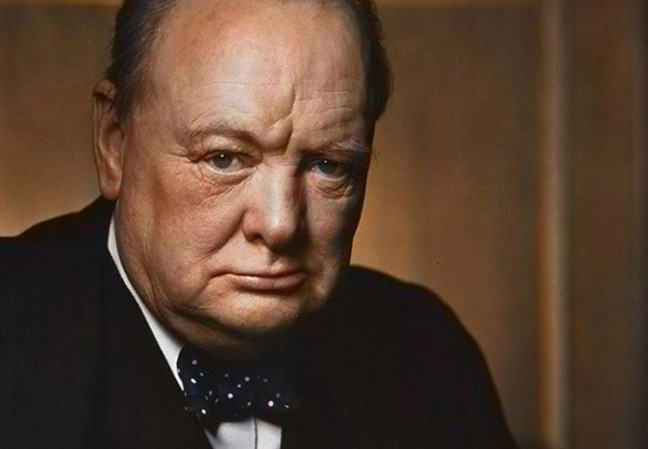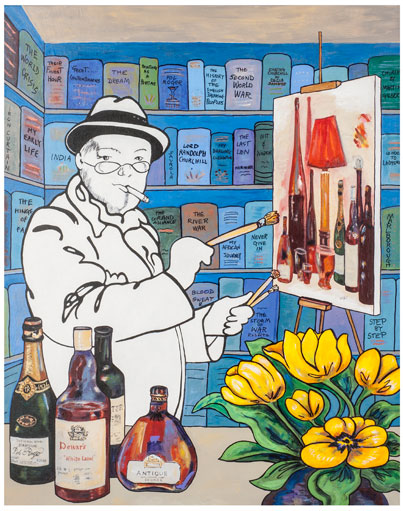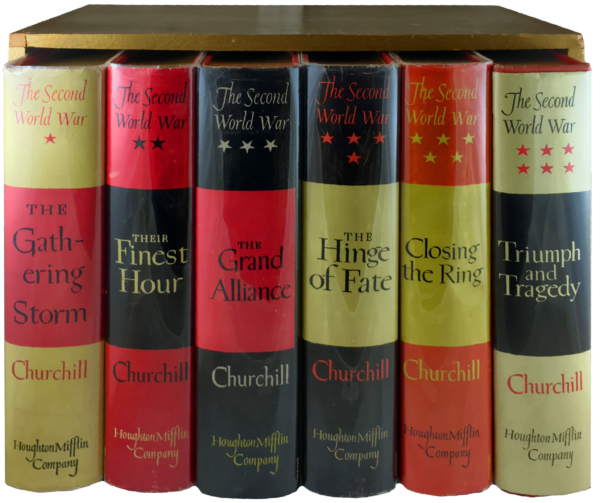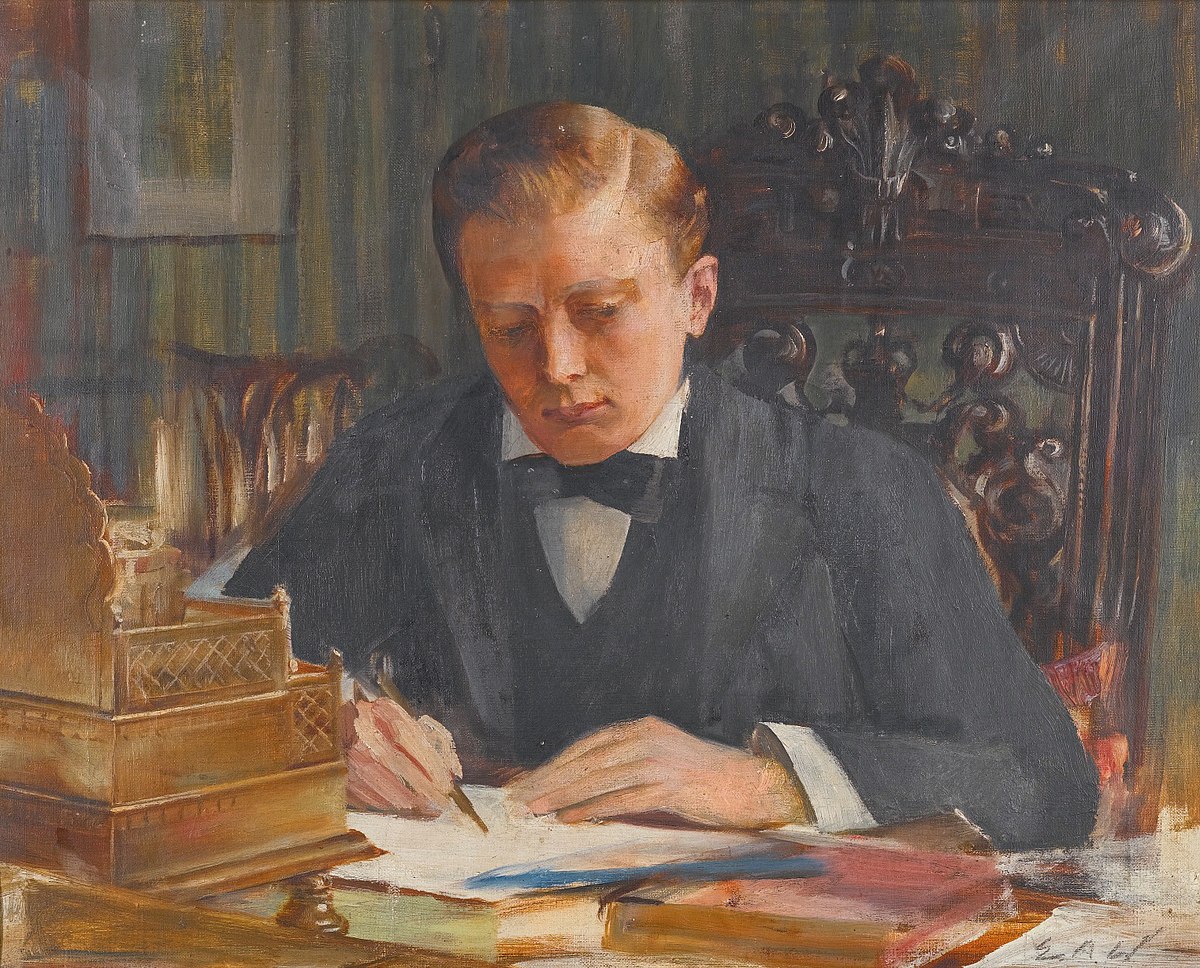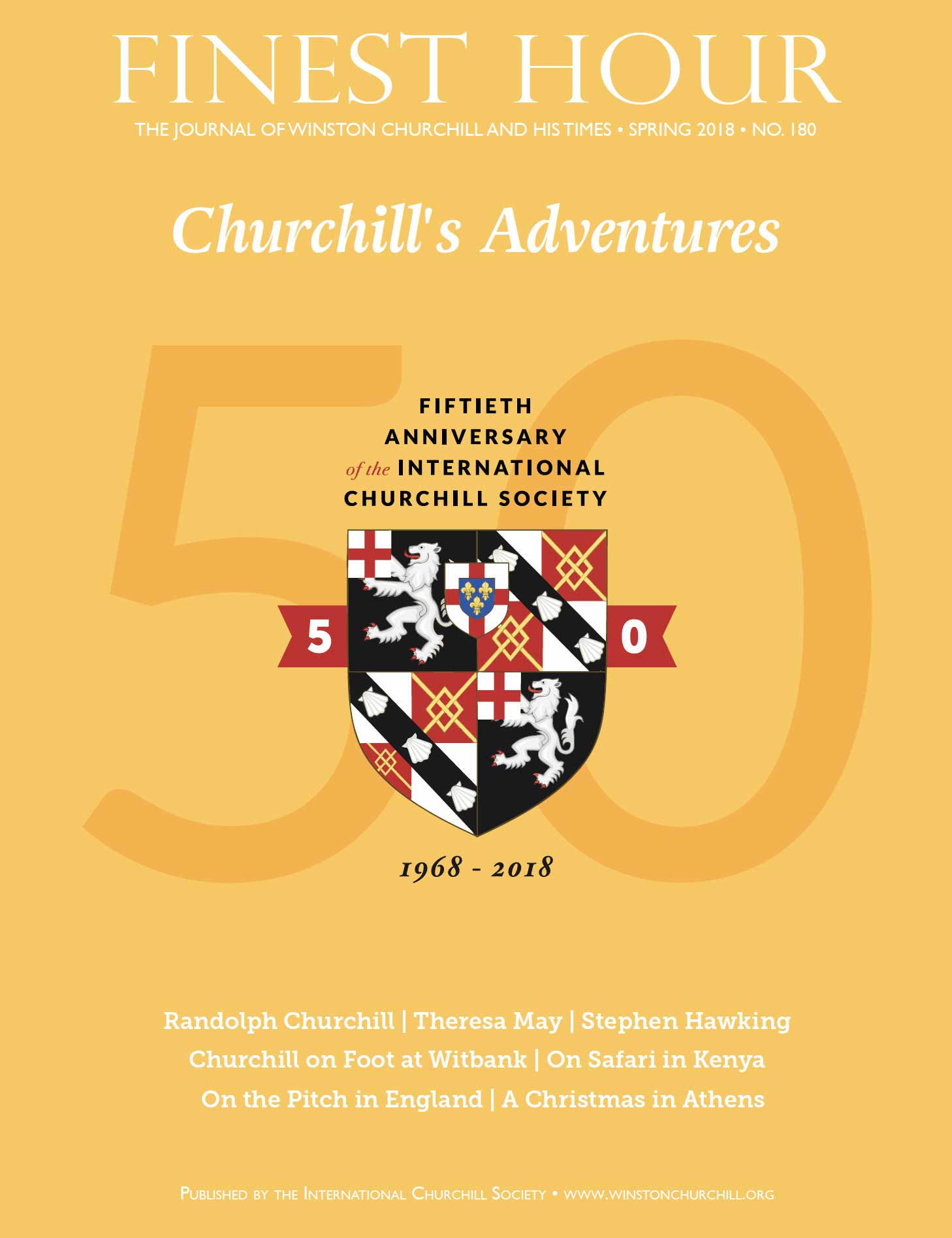Churchill 2024
Celebrate the 150th Anniversary of Winston Churchill's Birth
A year of events to celebrate this important anniversary.
Find Out MoreWriting, Articles & Books
In his lifetime, Churchill published more than 40 books in 60 volumes.
View his writingYoung Churchillians
Working to celebrate the life and achievements of a great leader.
Young ChurchilliansPublications
In his lifetime, Churchill published more than 40 books in 60 volumes.
View PublicationsSubscribe
WANT MORE?
Get the Churchill Bulletin delivered to your inbox once a month.
